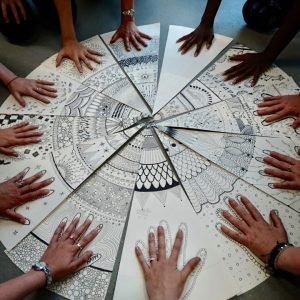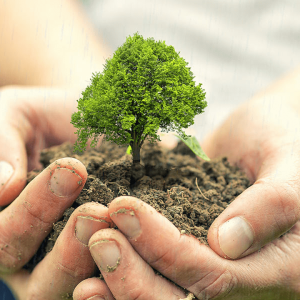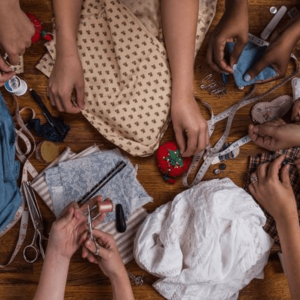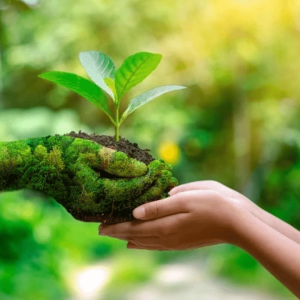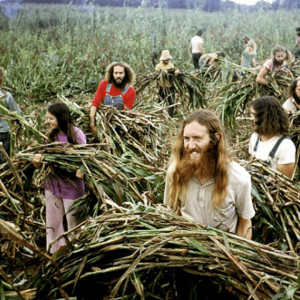adopting Habits & Routines to ensure
Clean personal living Spaces
Creating Healthy comfortable Human Habitat
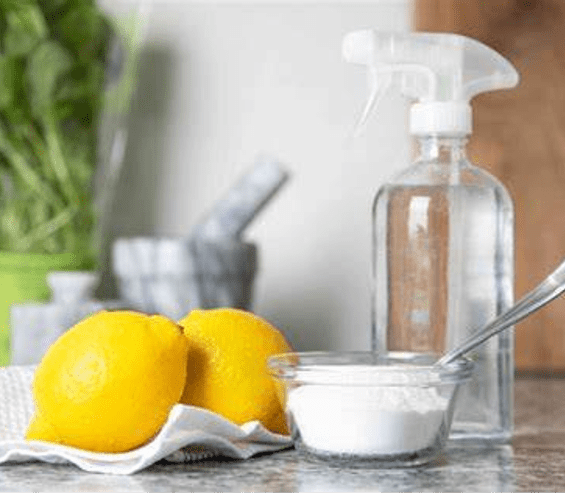

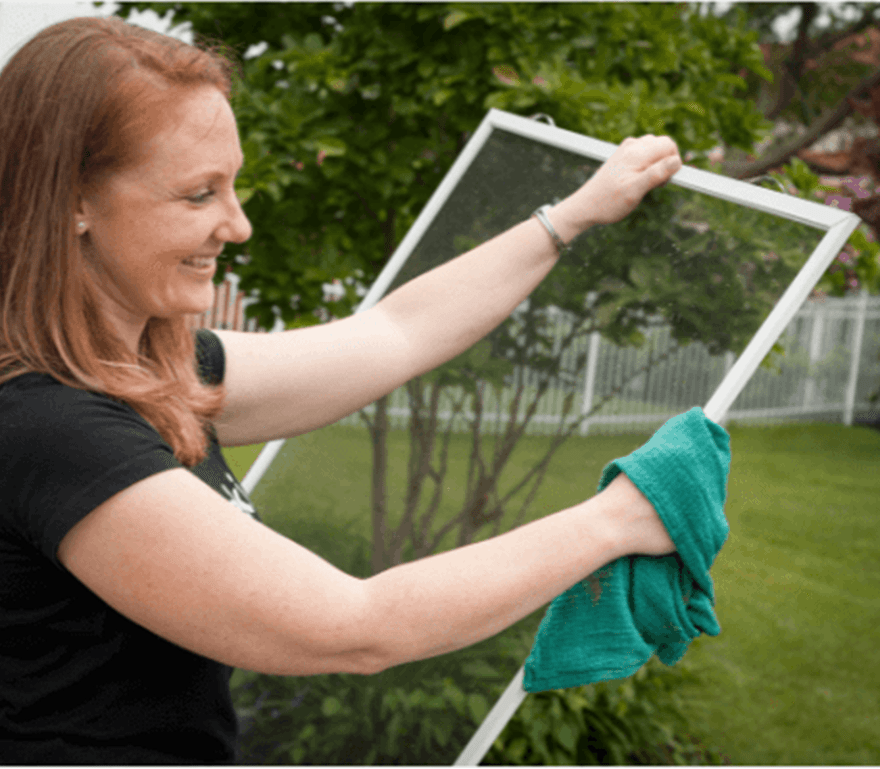
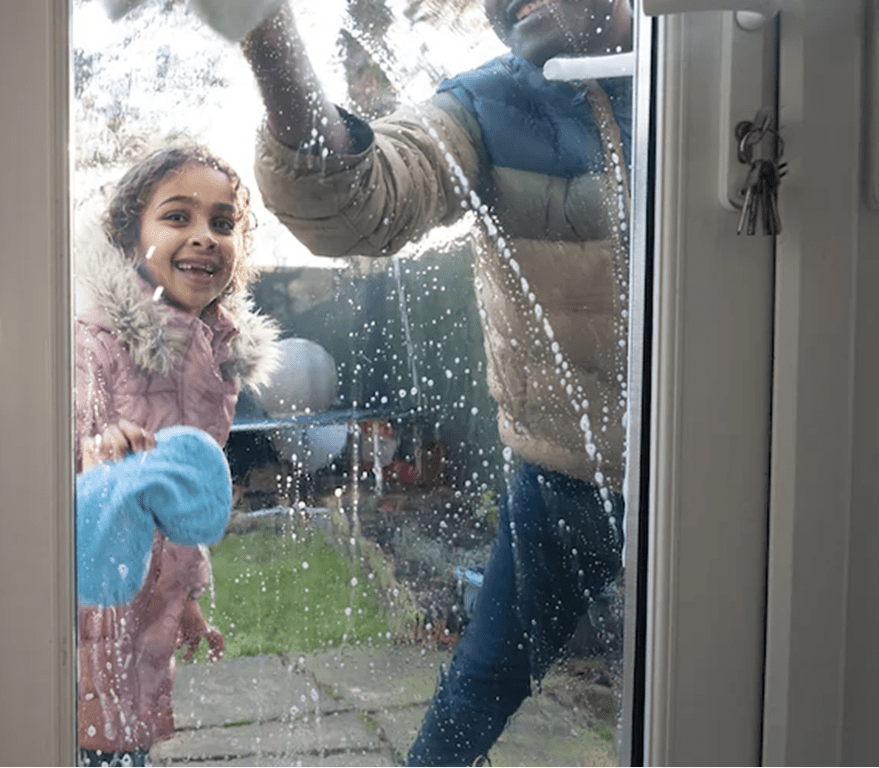
Maintaining the cleanliness and organisation of personal living space along with personal effects is guided by knowledge and practical application of three key values which make manifest the communitarian principle and practice of ‘One Cloak’.


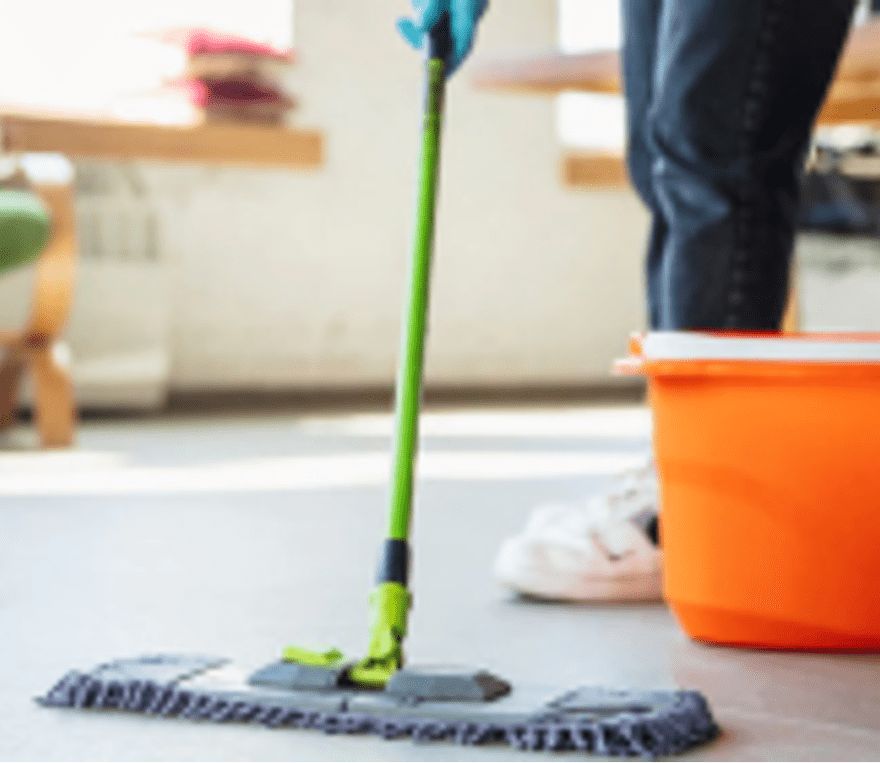
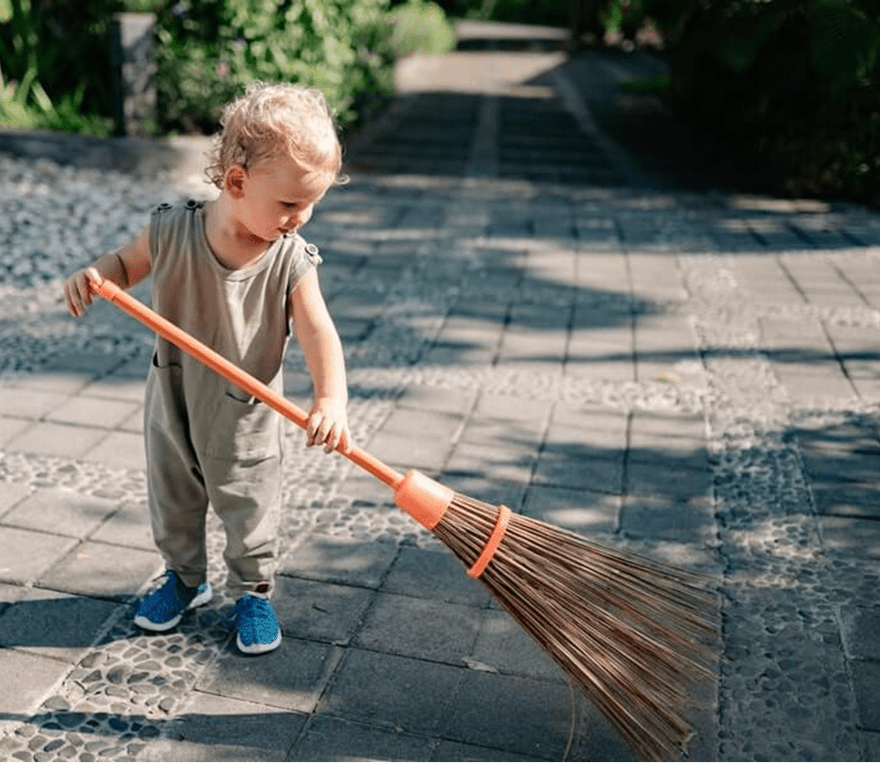
Clean habits contribute to health & longevity
Personal responsibility for health and longevity compels those drawn by evolved consciousness and reason to better human and planetary conditions by adopting the habits of cleanliness, which include living in a clean and intelligently organized manner.
For these reasons communitarians make a habit of putting things away as they are used, and also cleaning as we go about our daily tasks. As an example, while cleaning our teeth, we make a habit of also cleaning the bathroom basin; or when accessing the fridge to retrieve or return items, we also take the time to wipe over an inner shelf as well as the door and outer seal if needed.
Living simply underpins the habit of maintaining clean living spaces
The second tenet that evinces the principle and practice of Living Simply so others may simply live operating in our lives, requires communitarians to exclusively hold a minimum of personal belongings so that more can be shared with others. In practical terms, this means ridding ourselves of habits of sentimentality and glamour which puts an end to hoarding useless trinkets and decorations as well as excess clothing and other items that absorb time, energy and resources to store and maintain which could be put to better uses.
For these reasons, before cleaning, communitarians make a conscious effort to minimise the items they keep for their exclusive personal-use, thereby also reducing the items and area needed to be cleaned daily, weekly or seasonally.
Communitarians also endeavour to adopt habits of cleanliness and order to live according to the One Cloak tenet of ‘Transparency’, which means harbouring no secrets. In practical terms, living ‘transparently’ requires those called to ‘deep union’ to clean up their mess by uncluttering cupboards, drawers and closets, along with completing projects commenced, or else wrap them up and release the resources held to be incorporated into other collaborative projects.
Maintaining clean organized living facilities to offer hospitality
Ensuring personal spaces are maintained in a clean and ordered state enables communitarians to offer hospitality to others at a moment’s notice. To be able to invite fellow communitarians into our personal space to share food, a book, a project, or general conversation is an important and greatly-valued aspect of communal life.
For these reasons, communitarians dedicate at least an hour per week to ‘deep’ cleaning and organising their personal space, as well as, contributing several hours per week to the cleaning and maintenance of communal facilities to make manifest ‘Love-In-Action’.
Daily Death Cleaning
In the fifth year of association and beyond, communitarians adopt the principle and practice of ‘One Cloak’ established upon the axiom that we come into this world free – every man, woman and child, every animal, along with the air, water, land and sky. Everyone and everything is born free. In our natural state no one is captured by debt, nor slavery – sexual or otherwise.
In reality, everything is bestowed upon us by the collective of past generations, who, according to their level of morality born of both inherited and developed mental and physical motivation and strength, ‘gifts’ the legacy of their toil to the generations that come after. Whether this legacy is stolen or squandered through corrupt custodianship or else conquest; or diligently and wisely progressively carried forward and extended, determines the quality of life, liberty and happiness of current and proceeding generations.
Communitarians also live by the awareness that we have had, and will have, many lives. The current incarnation is but one; yet as important as any other, past or future. Through making a concerted effort to understand the ‘bigger picture’ of life’, those certain that they have lived and will live again and again, are able to live as they believe; recognizing that things and facilities are not really ours. Instead, we are just borrowing everything that we use to support our current existence. Today, tomorrow, a month, a year, a decade from now, we may make the transition – passing over to take on our next incarnation.
In the end, death visits upon us all, and all we take to the grave, is our bodies. With this certainty, the mortality of the body is something we must face and prepare for, each and every day.
In practical terms, living our lives aligned with the principles and practices of cleanliness of mind, body and environment, as well as, living simply together with communal union – sharing all with all, requires that we make consistent efforts to leave our personal living spaces to attend work or join in communal activities, fully prepared for how others will find our personal effects should we not return.
Each and every day communitarians are mindful to show consideration for those assigned the task of clearing out and preparing the living space to accommodate others when we no longer need it.
Removing Shoes Indoors
For reasons of hygiene, communitarians remove outside footwear before entering personal and communal living spaces, including dining and meeting areas to ensure contaminates such as soil, dust and harmful bacteria do not come in contact with food, floors or bedding. The habit of leaving outside footwear, outside, while designating specific shoes or slippers for inside, only, is adopted on the grounds of ‘hygiene’ as well as respect and appreciation for the comfort and protection provided by these valued facilities.
Communitarians are also mindful to clean their footwear, regularly, by washing the soles and inner lining, as well as disinfecting in sunlight.
Observing boundaries between human & animal habitat
Through comprehensive study of ‘Evolved Diet & Lifestyle’ communitarians understand that the living foods diet coupled to the practice of cleanliness of mind, body and environment are the critical factors that contribute to both sustained health and longevity. For these reasons, communitarians do not share personal or communal living spaces with animals – domestic or otherwise.
While it is commonplace to see dogs or cats living within secular homes and given free-reign to access beds and couches as well as lick the faces of people and mere children after licking their anuses, or else after eating the faeces of other animals, communitarians follow no such lax hygiene or dangerous cohabitation practices.
As we know, animals do not bathe, nor wash their genital area after urination or defecation. Worst still, unclean animals are known to seek out dead and diseased animals such as rats and mice and eat them, as well as, eat other animal’s faeces.
Honouring the Right to Life of Innocent Animals
For ethical as well as environmental reasons, domesticated meat-eating animals are not ‘harbored’ by communitarians in any way, shape, or form. The central reason those practicing the evolved social, economic and ecological lifestyle and love-style do not ‘bond’ with carnivorous animals, is that these require the slaughter of innocent animals in order to feed them flesh which contravenes the central principle and practice of ‘Honoring the Right to Life and Liberty of All Creatures – great & small’.
Ensuring Health by Avoiding Contact with Unclean Animals
Contact with meat-eating animals such as dogs and cats or the spaces they inhabit, also contravenes the ‘One Cloak’ tenet of ‘cleanliness’ as these ‘unclean’ animals carry a host of parasites that can be transferred to humans via handling or exposure to faeces.
Adults and children can become infected with hookworm by running barefoot on grass contaminated by parasite-infected faeces; or infected with ringworm by petting an infected dog. Roundworm and Tapeworms are also carried by dogs and cats that transfer to humans.
Ticks too can pass Lyme’s Disease to humans. Likewise, the fleas that live on dogs and cats can transmit diseases while taking a blood meal from a human or via contact with contaminated faecal matter.
Aware of the health risks, communitarians are careful to avoid direct contact with dogs or cats, as well as, taking care not to place ourselves in areas contaminated by these flesh-eating animals urination or feces. For these reasons those following the principles and practice of ‘Cleanliness of Mind, Body and Environment’ do not pat or handle dogs or cats, nor voluntarily enter the homes of pet owners, or walk near or within dog parks, or swim at designated dog beaches.
cleaning routines
Morning Cleaning Routine
Adopting the routine of cleaning personal living spaces – putting things back in their place, adding and subtracting from our To-Do Lists in the mornings before heading out, establishes the mindset of cleanliness as well as organisation that is carried forward into the remainder of the day.
Every morning communitarians make a habit of rising early to ensure they have adequate time to undertake personal grooming tasks, along with time to clean and tidy their personal living space. Morning cleaning routines usually include making the bed, wiping down benchtops, sweeping the floor, hanging up clothes and undertaking laundry, as well as, sorting a draw or two if needed.
Afternoon Cleaning Routine
Before bathing and preparation to gather for the communal meal, communitarians return to their personal living spaces to carry out any cleaning and organisation tasks left undone from the morning. This is the time living spaces are put in order so that when it is time for bed everything is prepared to begin a new day of personal progression and communal as well as wider-world contribution.
Afternoon cleaning tasks may also include attending to laundry – washing & mending clothes, footwear and linen, emptying and cleaning composting toilets, along with sweeping outdoor areas such as paths and tending gardens.
Weekly Cleaning Tasks
One day per week those aligned with the principle and practice of cleanliness of mind, body and environment, devote at least an hour or more to ‘deep’ cleaning personal living space. The ‘deep’ cleaning tasks usually include changing bed linen; vacuuming and mopping floors; dusting shelves and organising drawers; taking out trash to recycling, repurposing bins; cleaning the fridge; thoroughly cleaning bathtubs, showers and toilets, along with windows, as well as, removing dust and cobwebs from internal and external walls and ceilings.
Besides being a great form of exercise that produces reward for effort, the act of cleaning also provides many positive psychological benefits which include a sense of control and also accomplishment that enables us to strengthen resilience and build self-confidence.
Change of Season Cleaning Cycle
Every 3 months, communitarians occupying ‘common purse’, ‘common wealth’ personal living facilities, carryout change of season cleaning and maintenance. This schedule of stewardship of ‘communal accommodation’ includes inspection and reporting to the provisioning committees any maintenance, repair and replacement issues that require remedy.
The Summer, Autumn, Winter Change-of-Season cleaning and maintenance of personal living spaces is usually undertaken by the occupant or occupants alone as a way of auditing progression toward achieving self-governance of ‘right-use’ of provisions that sustain life, liberty and happiness. These tasks include cleaning windows and doors inside and out, steam cleaning of floor rugs and mats, turning mattresses, along with thoroughly cleaning fridges and other kitchenette appliances.
This is also an opportunity to audit the amount and state of the clothing and household items kept for exclusive use. If during the audit communitarians discover they are holding items that are not regularly used, these can now be surrendered to ‘common wealth provisioning stores’ to be reassigned to other communitarian bands, or else utilized by Home Front Outreach programs.
Change-of-Season cleaning and maintenance is also a time to thoroughly clean and repair clothing, footwear and bedding. If there is any mending to be done, now is the time to do it. If there are any clothing items or bedlinen with stains, this is the time to soak and scrub them clean.
If clothing and household items are deemed to be beyond repair, these items can now be recycled and repurposed by cutting clothing up into cleaning rags, weaving material for rugs, or else breaking down dilapidated furniture and appliances into parts and components that can be incorporated into the repair or production of other useful durable items.
Annual Cleaning & Maintenance Schedule
For those practicing the daily observance of contemplation of Earthly & Cosmic Elements, spring cleaning may be experienced as a biological imperative. Historically, across generations and cultures, springtime has always been observed as a time for renewal – the celebration of ‘New Life’.
During the months of Spring, along with increased levels of sunlight, our bodies naturally receive increased energy, which is utilized to carry out the tasks associated with ‘renewing’ personal and communal living spaces.
As a normative practice, communitarians begin Spring cleaning and annual maintenance tasks by creating a To-Do List to ensure we clean methodically from room to room, and finish by ‘renewing’ outside areas including buildings, paths and gardens. As a standard practice, tasks are grouped together. As an example: all the mattresses are carried outside to be aired, all curtains washed at the same time, all the sheets, Doonas and towels sterilized and hung out to dry in the sun as a batch.
Many Hands Make Light Work
It is common practice for communitarians to ‘collectively’ undertake personal living and communal facility annual cleaning and maintenance tasks. It is usual for ‘Spring Cleaning and Maintenance’ to be arranged as formal gatherings spread over several days, or even weeks prior to the ‘annual communitarian festival’ gathering.
This is a joyous time of working together, shoulder to shoulder, enjoying each other’s company with the added benefit that ‘many hands make light work’.
The reason communitarian unions collectively undertake the cleaning and maintenance of personal living spaces is two-fold. First, working as a group provides opportunities for the unions as a whole to develop and extend our knowledge and skills by learning from ‘doing’, while guided by those who possess expertise in areas such as carpentry, plumbing, painting and off-grid renewable energy systems, as well as, horticulture and food forest landscaping.
The second reason spring cleaning and maintenance of personal living spaces is carried out by ‘many’, is to ensure ‘transparency’. In practical terms, routine collective cleaning and maintenance of personal living facilities provides the checks and balances required to ensure ‘common purse’, ‘common wealth’ provisions & facilities are utilized responsibly, thereby ensuring ‘continuance’.
Seasonal Maintenance & Storage of Clothing & Bedding
Those aligned with the principle and practice of ‘Living Simply’ take the time and make the effort to unpack and pack away clothing and footwear as well as bedding with the change of season in Spring and again in Autumn. Instead of wasting space accommodating large volumes of clothing and footwear within personal living spaces suitable for only one or two seasons, those determined to live by the core tenets of ‘One Cloak’, only store seasonally-relevant items within their clothing drawers and hanging space.
In this system of organisation, ‘Out of season’ clothing as well as bedding such as doonas and blankets are stored away in airtight, vermin and insect-proof storage containers, under beds or within other less accessible storage areas in order to free-up living space for personal and guest use.
During the ‘change-over’ process, each item coming out and going into storage is thoroughly inspected and a decision made as to whether it needs to be repaired, upcycled or straight out torn up and recycled into cleaning cloths.
All clothing, footwear and bedding going into storage is meticulously washed and air-dried in full sunlight as well as mended if needed to prepare it for use the following year.
Indoor Annual Cleaning & Maintenance Tasks
Mattresses, Upholstered Furnishings & Floor Mats
To begin the annual cleaning of personal living facilities, the curtains and blinds are removed from the windows to let light and air in, while the rooms are cleaned from top to bottom.
With the windows and the doors open, the initial task is to carry the mattresses and pillows outdoors. At Midday these are turned to ensure both sides are exposed to the sun’s rays to kill any mould spores and also to generally freshen and sterilize the inner and outer covering.
The steam-cleaning of Upholstered furnishings such as chairs and cushions is also grouped into this initial cleaning process.
For reasons of hygiene and general serviceability, as a general rule, communitarian personal living spaces are not carpeted. However washable floor rugs and mats are used to insulate and also protect high traffic timber floor areas from wear. While these are normally steam-cleaned and dried outside in the sun during the change of season 3 monthly cleaning cycle, it is now during the annual ‘deep’ clean that floor mats and rugs are closely inspected, and any repairs or replacements made.
Curtains & Blinds
Next the curtains are hand-washed and hung outside to dry, while blinds are thoroughly cleaned – back and front then left outside also to be sterilized by sunlight.
Beds & Bedding
With the curtains and blinds outside drying, the bedframe is now thoroughly cleaned, while the washable Doonas and blankets along with cotton sheets and towels, receive a ‘Hot Wash’ before being hung on the clothesline outdoors to be sterilized by sunshine.
Ceiling & Light fittings, Walls & Electrical Sockets
With the bedding removed, the ceilings including the Light Fittings receive a thorough clean with warm water and mild natural detergent applied with an appropriate degree of ‘elbow grease’. Next the walls are wiped down in similar fashion paying careful attention to properly cleaning skirting boards, door frames, window-sills, and window tracks.
With the power turned off, electrical sockets are cleaned with only a slightly damp cloth then dried off with a clean rag.
bATHROOMS
- Drain pipes cleared and cleaned
- Bathtubs and shower bay seals cleaned and replaced if needed
- Walls & Ceilings wiped down
- Floors scrubbed
- Compost Toilet buckets sterilized
- Compost Toilet Bay scrubbed out & resealed with waterproof sealant
kitchens
The majority of ‘common purse’ common wealth personal living facilities are fitted out with kitchenettes rather than full kitchens for the reason that the bulk of food storage and preparation equipment is housed within communal kitchens where the daily communal meal is prepared. Consequently, it is commonplace for those occupying ‘common wealth’ personal living facilities to use the kitchenettes to store and prepare only a minimum of food as their meals are mainly prepared by the communal kitchens and shared with others in communal dining halls.
Moreover, more common than not, kitchenettes are used predominately to store fruits, greens, nuts and seeds that spills over from the communal kitchen facilities due to abundant harvests.
During annual Spring cleaning and maintenance, the following tasks are carried out:
FRIDGES
- Disconnected from power-point, pulled out
- underneath floor cleaned and disinfected
- drip pans emptied and scrubbed out
- every shelf pulled out – topside and bottom side scrubbed
- Seals inspected – cleaned with toothbrush, replaced if needed
STOVES
- Cleaned top to bottom
- Electrical & biogas connections checked
APPLIANCES
- Cleaned & Sterilized
- Electrical tested & tagged
CUPBOARDS
- Wiped out with Eucalyptus
- New Liners Fitted
- Cupboard Doors cleaned and re-coated if needed
SPLASHBACKS, BENCHTOPS, KICKBOARDS & SKIRTINGS
- Thoroughly Cleaned
- Paint or Oil Touched Up
Outdoor Annual Cleaning & Maintenance Tasks
- Roofs & gutters Cleaned
- External Walls washed down – timber reoiled or painted if needed
- Windows cleaned, paying attention to the condition of tracks, seals & Awnings
- Drain cleared & cleaned
- Decks & Stairs cleaned & decking oil applied
- Paths scrubbed & pressure cleaned to remove dirt & mould
- Gardens cleared of weeds – new layer of mulch applied





